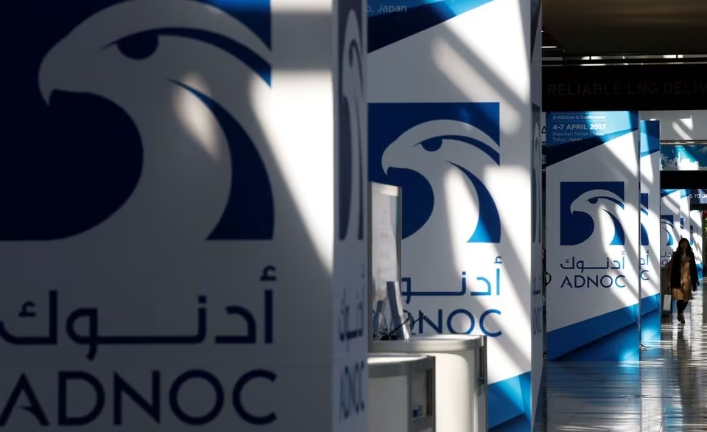
Colombia has set its sights on developing renewable energy sources, such as solar, wind and geothermal, as part of President Gustavo Petro's goal to wean the major regional coal and oil producer off its dependence on fossil fuels.
However, some renewable projects have faced significant hurdles, including onshore and offshore wind farms in the north of the country, due to resistance from Indigenous communities and regulatory delays.
"First of all we have to be realistic and conscious that this process advances step by step," said SER Colombia Chief Executive Alexandra Hernandez.
Electricity capacity across Colombia's offering of non-conventional renewable energy projects at the end of 2023 stood at 504 megawatts (MW), SER Colombia said in a report.
However, the Andean country is set to extend that capacity by 1,240 MW across 22 projects in 2024, with up to an additional 1,800 MW in 44 projects that are pending permissions and other administrative procedures, the report said.
Sixty-five of the projects are for solar energy, while one is for a battery energy storage system, the report added.
Colombia's nascent renewable energy industry faces challenges in the form of lengthy execution times for projects to start entering the market, which in turn hampers financing and investment, the report added.
The average time it takes a small renewable energy project to start operating in the country is between around three to six years, 70% of which is taken up by some 15 administrative processes, the report found.
"We call for easing the execution of these projects," the report said. "Current entry times to start operating ... are excessively large compared to the size and impact times of the projects.